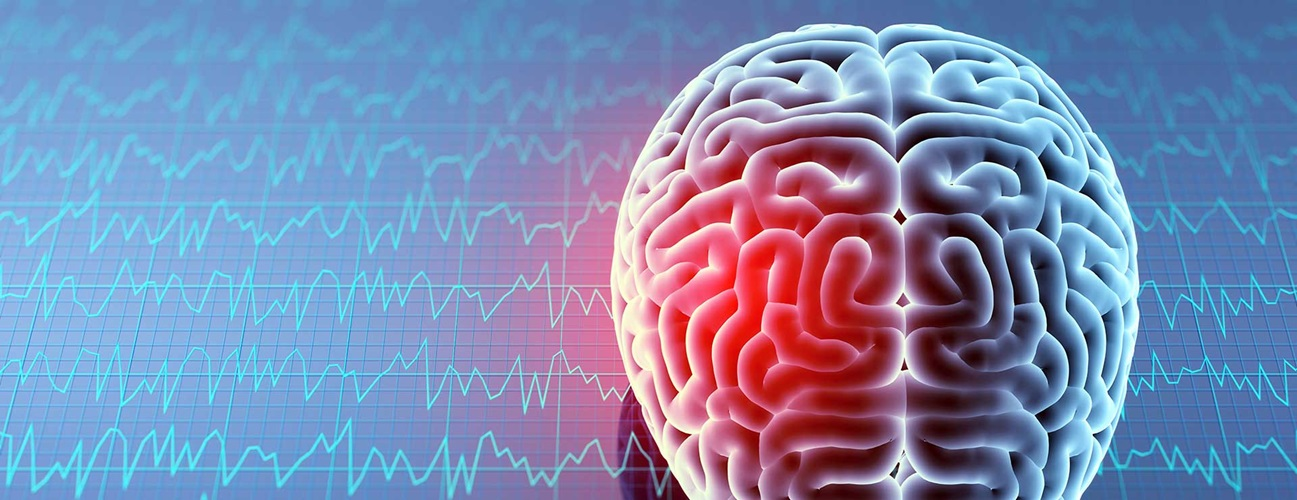A Brain Injury Can Change Everything (2023)

Brain injuries are a common occurrence, with an estimated 2.8 million traumatic brain injury-related emergency department visits, hospitalizations, and deaths occurring in the United States in 2013. A brain injury can happen to anyone, at any time, and can have long-term effects on a person’s life. In this article, we will discuss the causes of brain injuries, the effects they can have on a person’s life and coping strategies for those who have suffered a brain injury.
Contents
What is a Brain Injury?
A brain injury occurs when there is damage to the brain, either through a blow to the head or as a result of an illness or disease. Brain injuries can be classified as mild, moderate, or severe, and the effects they have on a person’s life will depend on the severity of the injury.
Types of Brain Injuries
There are two main types of brain injuries: traumatic brain injuries (TBI) and acquired brain injuries (ABI). TBI is caused by a blow to the head, while ABI is caused by an illness or disease, such as a stroke or brain tumor.
Causes of Brain Injuries
The most common causes of brain injuries are falls, motor vehicle accidents, sports injuries, and assaults. Children and older adults are most at risk for falls, while young adults are most at risk for sports injuries and motor vehicle accidents.
Effects of a Brain Injury
The effects of a brain injury can be wide-ranging and can impact a person’s physical, cognitive, and emotional functioning.
Physical Effects
Physical effects of a brain injury can include headaches, dizziness, seizures, and sensory changes. A person may also experience difficulties with balance, coordination, and movement.
Cognitive Effects
The cognitive effects of a brain injury can include difficulties with memory, attention, and concentration. A person may also have trouble with language, problem-solving, and decision-making.
Emotional Effects
Emotional effects of a brain injury can include mood changes, such as depression, anxiety, and irritability. A person may also experience changes in personality, such as becoming more impulsive or losing interest in things they once enjoyed.
Read More: Who Is Responsible In A Dog Attack (2023)
Coping Strategies for Brain Injury Survivors
Coping with the effects of a brain injury can be challenging, but there are strategies that can help. These include:
Physical Therapy
Physical therapy can help a person regain strength, mobility, and coordination after a brain injury. A physical therapist can also help a person manage pain and improve their overall quality of life.
Read More: Understanding The Impact Of Pittsburgh Motorcycle Accidents (2023)
Cognitive Rehabilitation
Cognitive rehabilitation involves exercises and activities designed to improve cognitive functioning after a brain injury. This can include memory and attention training, problem-solving exercises, and communication skills training.
Emotional Support
Emotional support is essential for brain injury survivors. This can include counseling or therapy, support groups, and talking with friends and family members.
Assistive Technology
Assistive technology can help brain injury survivors with communication, mobility, and other daily tasks. Examples of assistive technology include wheelchairs, hearing aids, and communication devices.
Lifestyle Changes
Lifestyle changes, such as a healthy diet, exercise, and stress reduction techniques, can help brain injury survivors manage their symptoms and improve their overall quality of life.
Conclusion
It can have a significant impact on a person’s life, but there are strategies that can help survivors cope with the effects of their injury. By working with healthcare professionals, seeking emotional support, and making lifestyle changes, brain injury survivors can improve their overall quality of life.
FAQs
- Can it be prevented?
- While not all of them can be prevented, wearing protective gear during sports and other high-risk activities and practicing safely.
- How long does it take to recover from it?
- The recovery time for it can vary depending on the severity of the injury and the individual’s overall health. Mild injuries may take a few weeks to recover from, while severe injuries can take months or even years.
- Can a person fully recover from it?
- It is possible for a person to fully recover from it, but it may take time and require extensive rehabilitation. In some cases, a person may experience long-term effects from their injury.
- What should I do if I suspect someone has it?
- If you suspect someone has it, it is important to seek medical attention immediately. Signs of it can include loss of consciousness, confusion, vomiting, and seizures.
- Can it cause permanent disability?
- In some cases, it can cause permanent disability, particularly if it is severe. However, with proper treatment and rehabilitation, many people are able to regain some or all of their functioning after it.

